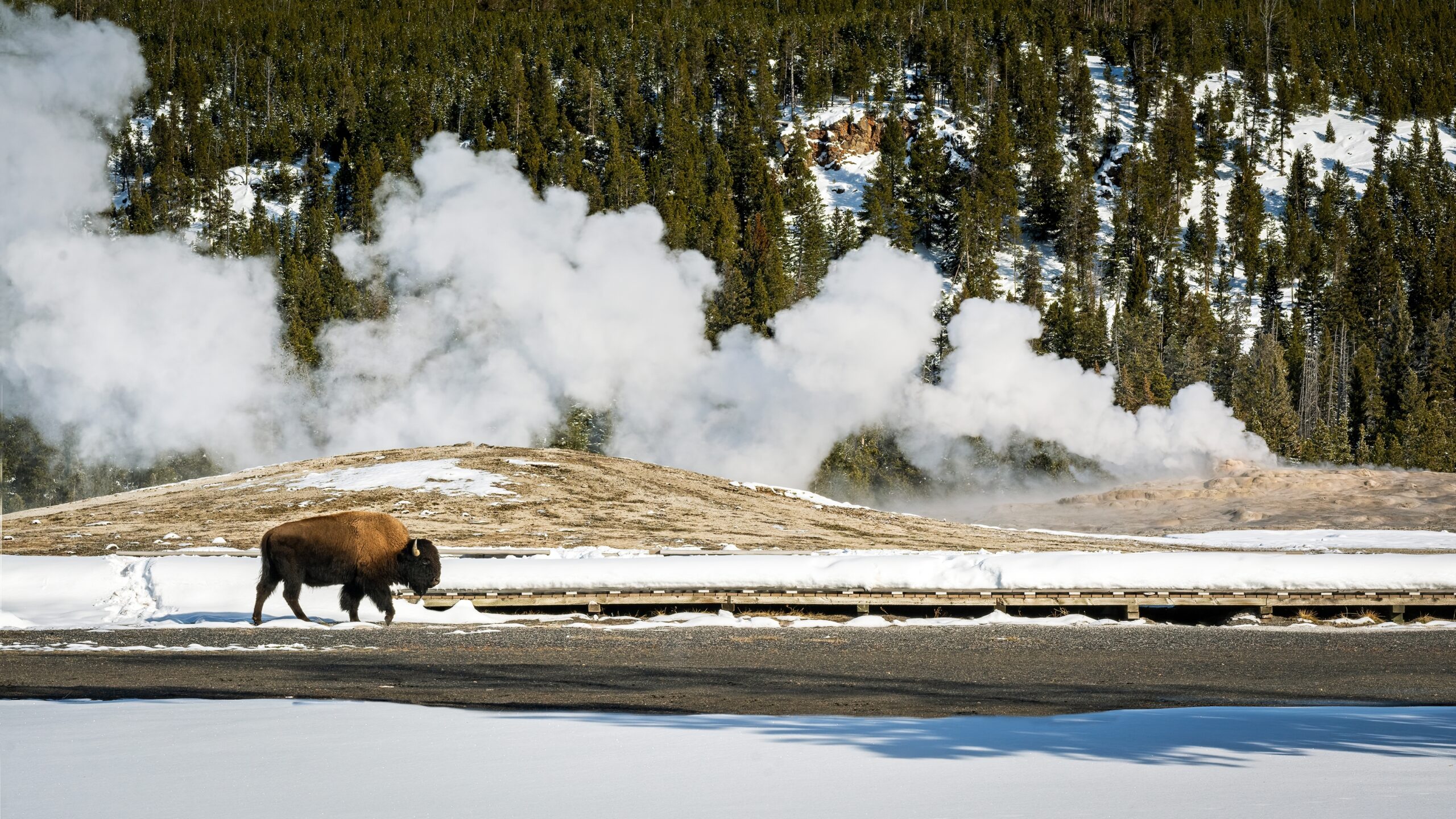For months on end four years ago, Americans watched their cities burned and looted as their leaders cowered or turned their backs. In the worst-hit places — Minneapolis, Seattle, Philadelphia, Atlanta — whole blocks were reduced to ash and rubble, or made safe havens for lawlessness. Almost a hundred thousand soldiers were sent out to the streets — the largest non-war military operation in American history — and even then attempts to restore order were all but futile. By the time the smoke cleared, as much as $2 billion in damages were inflicted, and at least two dozen Americans were dead.

All the while, a univocal media assured the fearful masses that the trouble was in their heads. The most expensive and expansive wave of civil unrest our country had ever seen was “fiery, but mostly peaceful.” Besides, it was a reckoning. The rampage, the riots, the destruction that swept from coast to coast — merely the logical consequence of four hundred years of injustice. Didn’t America deserve this?
In the span of a few short weeks, the people of a devastated nation crawled from the wreckage to the voting booth. But election years had been marked by riots before. What made 2020 different was not the physical risks but the information warfare waged against American voters. The same media-state cartel that insistently downplayed the danger in our cities had spent four years spinning up fantastical stories of Russian infiltration operations, of Nazi wish-casting in the White House, of unhinged behavior by a president whose gravest crime was bucking their influence.
And at the eleventh hour, when ironclad evidence emerged suggesting that the mob-candidate’s career criminal son had sold access to his father — then the vice president of the United States — to hostile foreign actors, that same phalanx of Authoritative Voices did more than dismiss the claims. Aided by the oligarchs of the digital world, the regime’s most dedicated operatives suppressed the story so completely that American citizens could not even share it in private messages. The open intimidation tactics of the mobs of old have become obsolete. One in six Biden voters said they would have voted differently had they known the truth, and eight in ten Americans said they believed the cover-up changed the election outcome. No matter; a high-tech mob had swayed the race more effectively (and more quietly) than any old-school gaggle shouting in the open. At the end of it all, the failson prince received a sweeping pardon for his crimes.
Street violence and palace intrigue may seem worlds apart. But there is more connecting the threads of our undoing than the kindred spirits of Hunter Biden and George Floyd. It is no coincidence that the collapse of American order has been accompanied by a collapse in memory. We might call it an assault on memory: We did not choose for Hunter’s laptop to be buried, for the unelected guardians of Our Democracy to practically rewrite reality in service to their cause, for General Kelly and that most established of all magazines to concoct entirely false accounts of history meant to flip elections. Somebody did this to us.
But that would be letting ourselves off the hook. Bit by bit, we have handed over our sovereignty, not just in politics but in every sphere of life. How much of this could have happened if Americans had not given over all control of information to unaccountable, often unknowable, actors? Even in the digital age — especially in the digital age — there is something to be said for truth you can hold in your hands. There is a choice — there always has been — between giving in and fighting back. When a once-self-governing republic spirals into mob rule, everyone shoulders some part of the blame.
When we speak of mob rule — ochlocracy — in formal politics, we tend to understand it simply as the raw power of the majority: as pure democracy. But this is a narrow definition that can hardly be expected to describe the many deformations to which democracy might fall victim; the art of civilization cannot be reduced to a mathematical formula. Mob rule in the conventional sense may be the imposition of the 51 on the 49; but it is more broadly and more properly described as Democracy without Law — Law in the proper, moral sense: Law as Justice. That this tyranny of the many can take many shapes should be self-evident.
Ours is a country haunted by the mob in all its forms. Late in 1774, as the continent took its final steps toward war, the anonymous loyalist “Massachusettensis” charged in a Boston paper that “mobs were a necessary ingredient” in the still-unrealized founding of this country. John Adams, writing as “Novanglus,” shot back that the real danger was “mobs of the worst sort with red coats, fusees and bayonets.” Even then, America’s unique station among the powers of the earth meant the threat of a mob could come from almost any side.
Sometimes a mob is a mess of thugs and arsonists chanting George Floyd’s name. Sometimes it is a Silicon Valley swarm. And sometimes it is a million faceless bureaucrats quietly holding a clueless nation hostage.
We take our name from the young Abraham Lincoln’s address to the Young Men’s Lyceum of Springfield, Illinois, in 1838. Hardly two generations on from Novanglus and Massachusettensis, the prospect of mob rule already presented a real threat to our Constitution and our way of life. Lincoln, not yet 30, prophesied: “If destruction be our lot, we must ourselves be its author and finisher. As a nation of freemen, we must live through all time, or die by suicide.”
There is promise in Lincoln’s warning: The American people have more freedom than any in the history of the world to determine their own course. The seeds of our eventual destruction may have been planted already centuries ago. But if we are to find the means of our renewal, they too will be in our past: in the great and sweeping American tradition, and in its classical and English roots.
These fragments I have shored against my ruins — a poem haunted by a mob of its own, from a poet haunted by America, provides another fitting epigraph at the outset. Our goal is simple: We intend to gather and preserve the best parts of that tradition, and to turn them with renewed purpose on the challenges of our day.
In the first lines of the Lyceum Address, Lincoln boasted of our people’s “peaceful possession of the fairest portion of the earth.” For a century or more before and after Lincoln, Americans understood the singular beauty of their nation as a gift of Providence. Beauty is every bit as central to the American character as liberty.
That is why Lyceum aims beyond the merely political and didactic. Each issue will include long essays and explorations of the causes of our crisis, and on other themes necessary to recovering and preserving the essence of America. But it will also include colorful snapshots from our history, and jewels of American art that help to illuminate our past and our present. You cannot understand a nation merely by argument; you have to breathe its culture, and American culture is among the most vital produced by any people of the world.
And it is why we insist, again, on something you can hold in your hands. There are great tests ahead. This is a task that requires something real, a stake beyond the digital realm, a concrete something that exists among the people and place of America: to ensure that things worth preserving — our nation, her children, her culture, her tradition — shall not perish from the earth.
Included in Lyceum No. 1: Mob Rule
- Helen Andrews
- Patrick Buchanan
- The Collective Black Voices at Free Capitol Hill
- Thomas H. Gladstone
- Ernest Hemingway
- Abraham Lincoln
- John Marini
- St. Mark
- Claude McKay
- Herman Melville
- Novanglus & Massachusettensis
- Polybius
& more


